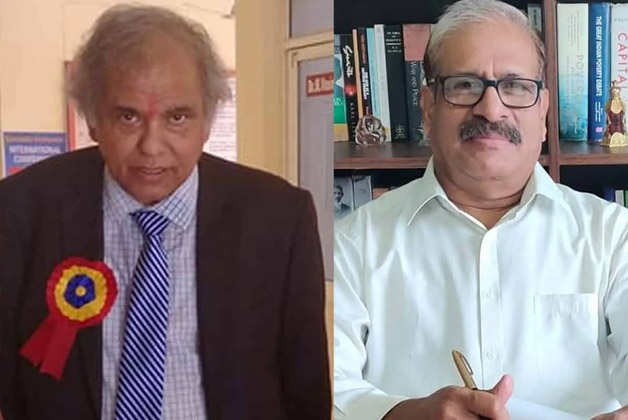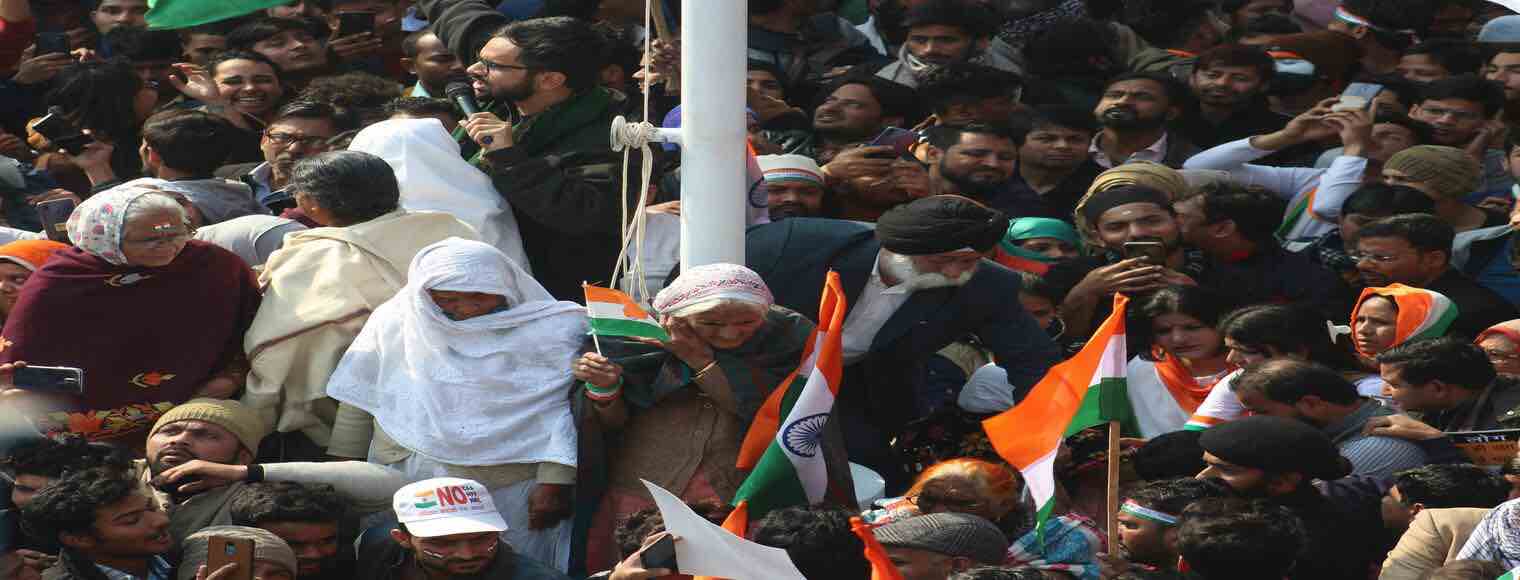

World over, the focus has been on migrants for the past few years. The outgoing President of the US made migration the cornerstone of his successful Presidential campaign in 2016. He did the same this year but failed to get re-elected by a tiny margin. In India, elections in Bihar started off with the BJP President again raising the issue of cross border migration. Ironically, this came just as Bangladesh started doing well and even surpassed India in per capita GDP terms. The debate on citizenship however goes on as it becomes a political issue that is causing serious concern among the Muslim populations, particularly in border states.
The CDPP has been holding a series of discussions on the various issues regarding citizenship and its political and economic impact. This year, the COVID 19 virus and the resultant pandemic took over as the dominant narrative and the protests over Citizenship had to be called off. The government also did not talk about the CAA even after having repeatedly announced the launch of the NPR exercise. The recent announcements have also all been about issues like love jihad and cow cabinets in Madhya Pradesh.
However, what needs to be explored clearly are the various points of view on the citizenship issue? What does citizenship imply? How do some residents get excluded from being counted as citizens? The debate is indeed serious as it impacts millions of people who have claims to land and who have been living in the country for decades. The most complicated issue is one that concerns migrants. Do those who migrate from across the border have a claim on citizenship? Those who migrate within the country, often the poor, and without residential documents or proof of addresses, are the most vulnerable. We saw millions of them uprooted this year due to the lockdown. How do they establish their citizenship, which is one among the various other problems they would face?
Prof Amitabh Kundu, who chairs a committee on Urbanisation, and PC Mohanan, formerly Chairperson of the National Statistical Commission, in their paper state that the CAA (2019) has serious implications when considered in conjunction with the National Register of Citizens (NRC) which will be prepared using the National Population Register (NPR).
Read more on: https://www.siasat.com/kundu-and-mohanan-defining-indian-citizenship-is-a-complex-challenge-2029789/
 Empowering Denotified and Nomadic Communities in India: Addressing Marginalisation and Promoting Social Inclusion
Empowering Denotified and Nomadic Communities in India: Addressing Marginalisation and Promoting Social Inclusion
 The Rise of European Right-Wing Populism and its Implications for LGBTQ+ Rights: A Comparative Analysis of Poland Versus Sweden’s Attitudes Toward Queer Communities
The Rise of European Right-Wing Populism and its Implications for LGBTQ+ Rights: A Comparative Analysis of Poland Versus Sweden’s Attitudes Toward Queer Communities
 Democracy and environmental responsibility: Rethinking India's electoral practices
Democracy and environmental responsibility: Rethinking India's electoral practices
